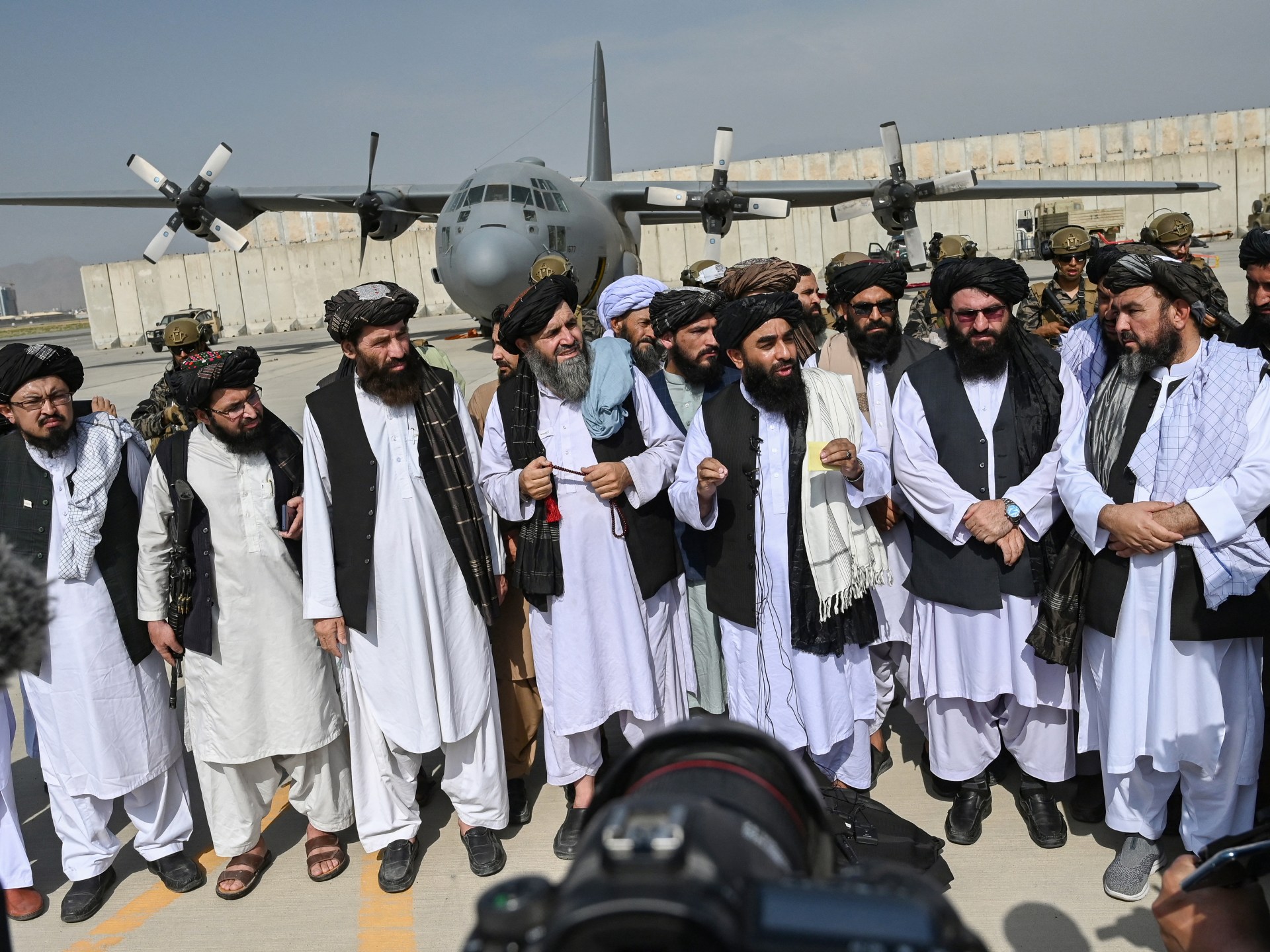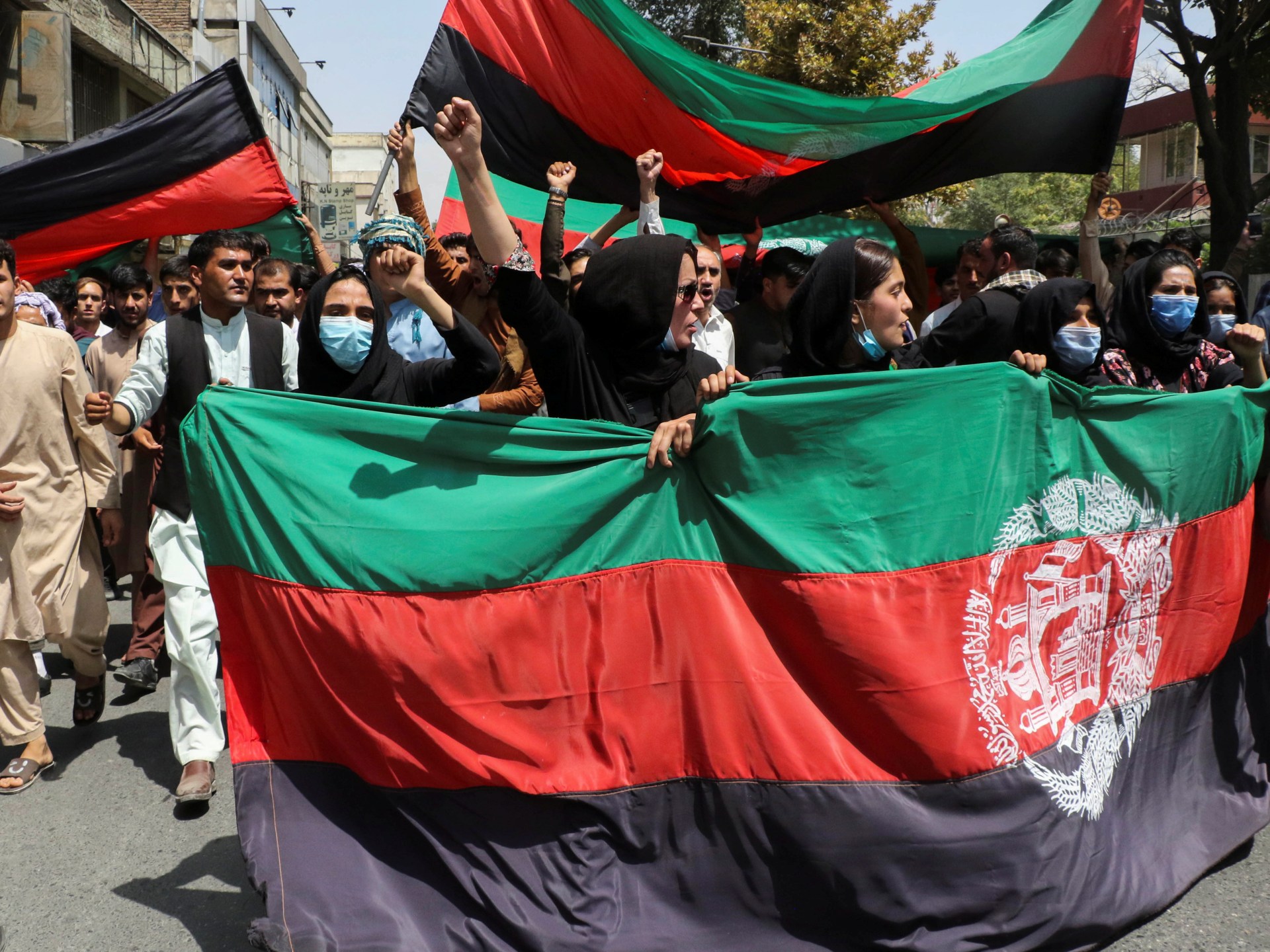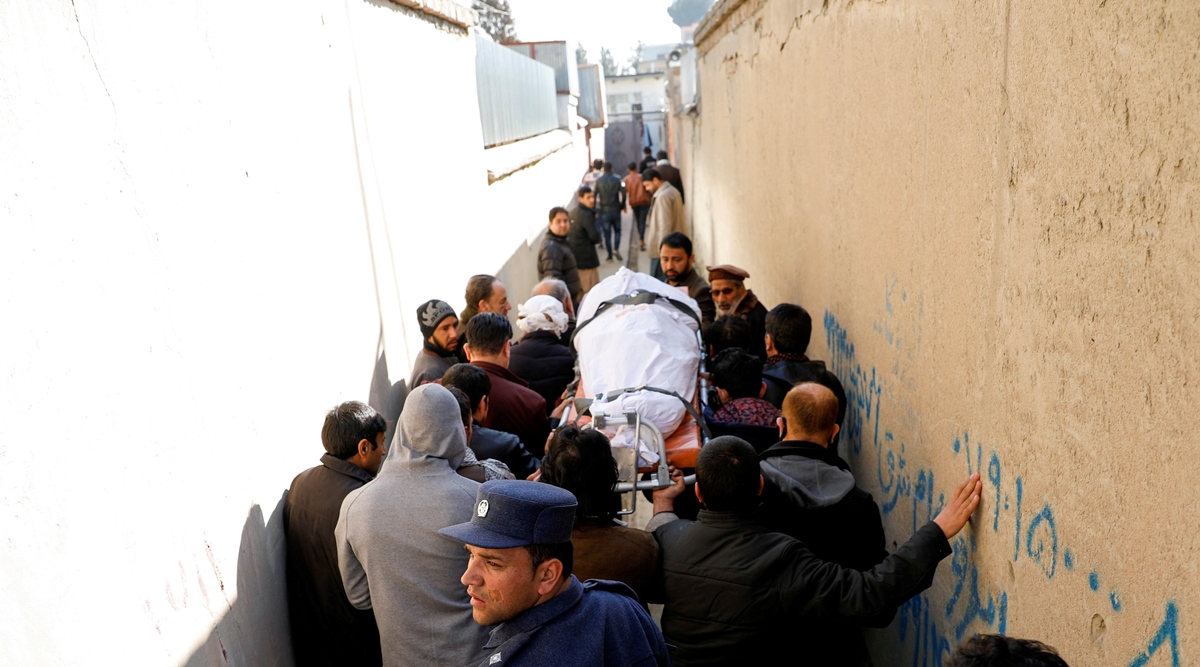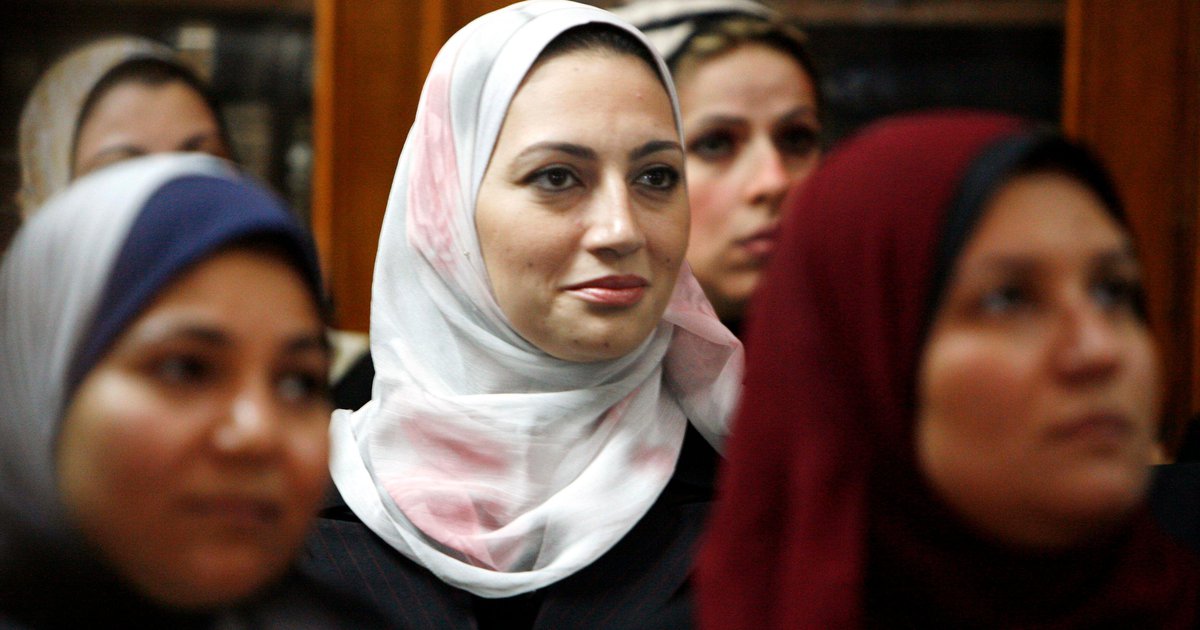- Joined
- Jun 21, 2007
- Messages
- 4,656
- Reaction score
- 643
- Location
- Suburbia
- Gender
- Male
- Political Leaning
- Independent
So far the penalties imposed by the Taliban have been without court decisions or rulings. Will there be published rulings on specific cases?
"Political scientists have posited that the public will do “almost anything” and support “almost anyone” to establish security and reduce uncertainty.11 Given this concept, Afghanistan’s long-term stability will be impacted by the government’s ability (or inability) to provide security and certainty through rule of law. This includes dynamics that are more closely tied to the local populace, and are often overshadowed by the predominant narrative of the Taliban versus the Afghan government. For instance, the UN High Commissioner for Refugees has stated that land-related disputes are among the most serious issues threatening the stability of Afghanistan.12 As counterinsurgency theorists have argued, insurgencies are “20 percent military action and 80 percent political,” and successful insurgencies will challenge the state by usurping the rule of law to mobilize and control the local population.13
The Taliban’s provision of law capitalizes on the shortfalls of the Afghan government’s justice sector, which according to U.S. Department of Defense reporting continues to show slow progress in becoming transparent, consistent, reliable, and fair.14 There have been increases in the number of Afghan government judges being appointed and districts holding trials; however, the formal judicial system in Afghanistan has demonstrated little progress in becoming self-sustaining and little will in combating fraudulent activity. According to a February 2013 report from Afghanistan’s Tolo TV, more than 50% of the populace in Afghanistan has used Taliban court systems rather than those provided by the Afghan government due to corruption.15"
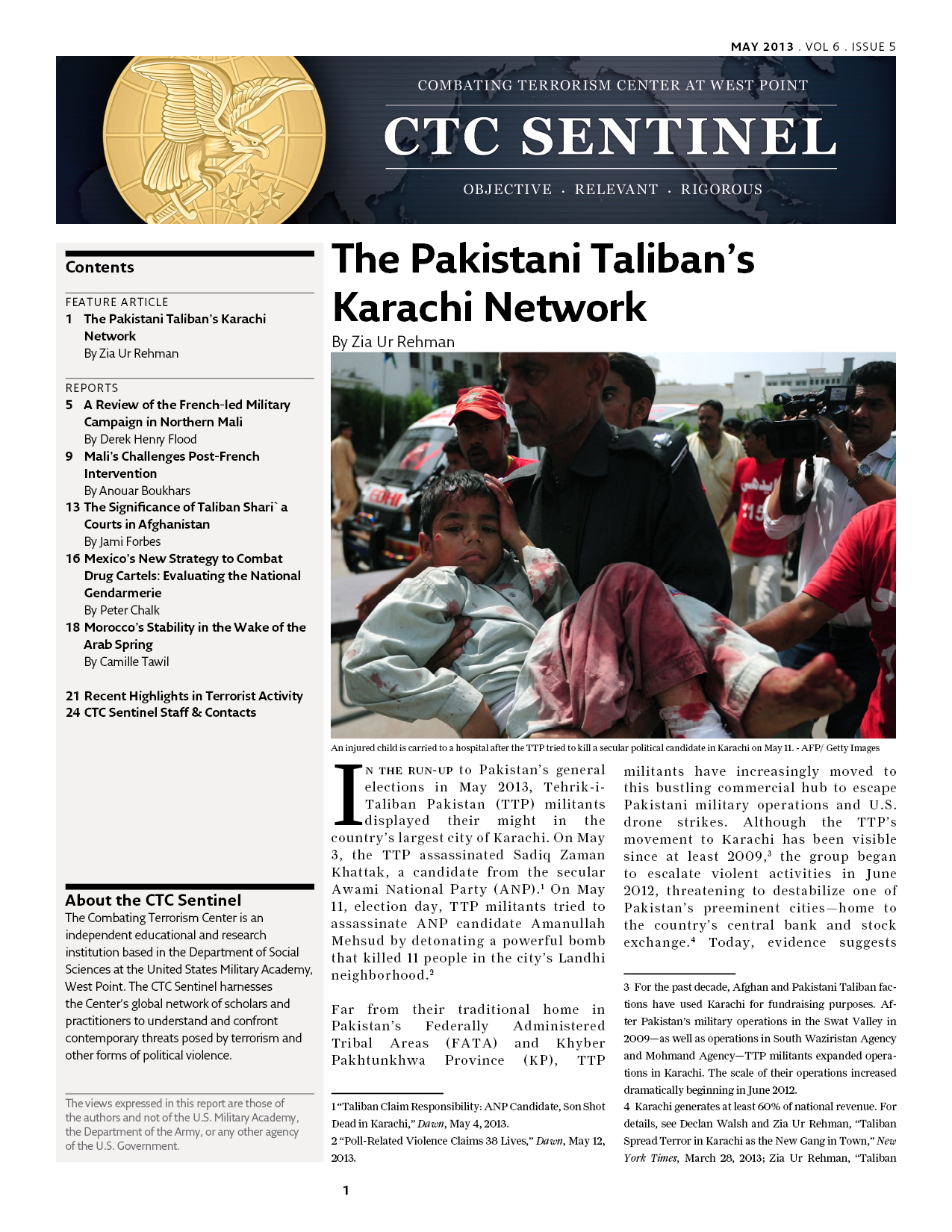
 www.ctc.usma.edu
www.ctc.usma.edu
//
"Political scientists have posited that the public will do “almost anything” and support “almost anyone” to establish security and reduce uncertainty.11 Given this concept, Afghanistan’s long-term stability will be impacted by the government’s ability (or inability) to provide security and certainty through rule of law. This includes dynamics that are more closely tied to the local populace, and are often overshadowed by the predominant narrative of the Taliban versus the Afghan government. For instance, the UN High Commissioner for Refugees has stated that land-related disputes are among the most serious issues threatening the stability of Afghanistan.12 As counterinsurgency theorists have argued, insurgencies are “20 percent military action and 80 percent political,” and successful insurgencies will challenge the state by usurping the rule of law to mobilize and control the local population.13
The Taliban’s provision of law capitalizes on the shortfalls of the Afghan government’s justice sector, which according to U.S. Department of Defense reporting continues to show slow progress in becoming transparent, consistent, reliable, and fair.14 There have been increases in the number of Afghan government judges being appointed and districts holding trials; however, the formal judicial system in Afghanistan has demonstrated little progress in becoming self-sustaining and little will in combating fraudulent activity. According to a February 2013 report from Afghanistan’s Tolo TV, more than 50% of the populace in Afghanistan has used Taliban court systems rather than those provided by the Afghan government due to corruption.15"

The Significance of Taliban Shari`a Courts in Afghanistan – Combating Terrorism Center at West Point
With the drawdown of foreign troops and the post-International Security Assistance Force (ISAF) period quickly approaching in Afghanistan, attention has focused on the outlook for continued armed conflict between the government of Afghanistan and the Taliban. While insurgents will undoubtedly...
//

